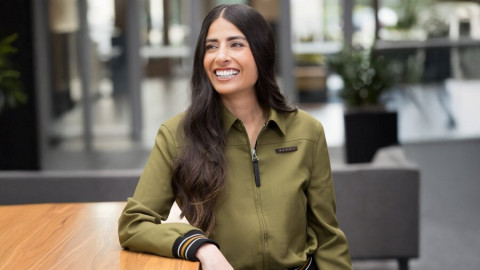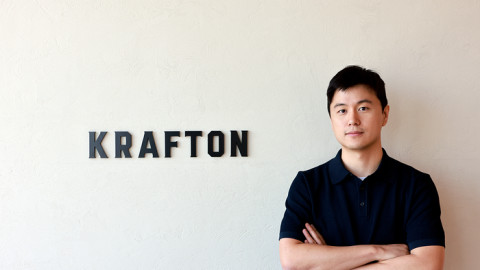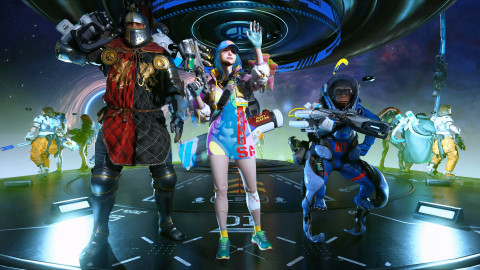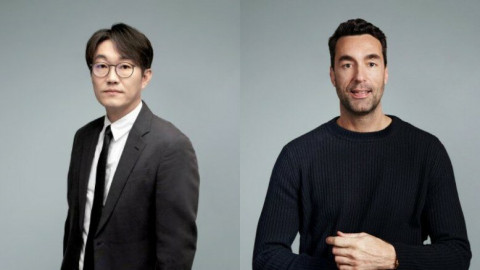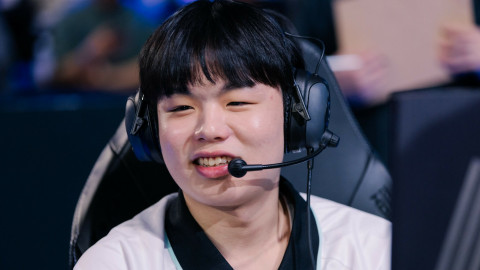Kelsey Moser is on track for one of the most interesting career paths in League of Legends esports. Originally a journalist with a wealth of analytical knowledge, Moser specialized in the nuances of China's League of Legends Pro League both from a narrative and strategic perspective. She maintained her position as one of LoL esports' best minds in the media space before making the move to an Analyst position for H2K in the 2018 EU LCS.
Moser, in addition to her Analyst work, also served in the interim on stage as a coach for H2K in the abscence of Head Coach Michael "Veteran" Archer. Despite H2K's disappointing results, Moser continued to add to her portfolio with her flexibility and insight, which earned her the position of Head Coach on 100 Thieves Academy. Moser will once again be working with former H2K Head Coach Neil "pr0lly" Hammad, who is currently the Head Coach of 100 Thieves.
Kelsey Moser is ready to open a new chapter in the 2019 LCS, and sat down with me ahead of her North American debut to discuss her experiences that have prepared her for new position, as well as her approach to manning the helm of 100 Thieves Academy.

Congratulations on your new position, Kelsey. Can you provide us on any background regarding your hiring with 100 Thieves?
Jackson Dahl from 100 Thieves contacted me first looking for someone to collaborate on roster building. I was there to give a bit of advice here and there, and after talking a bit more, they decided to interview me for a coaching job since that was what I was looking for in regards to next season.
100 Thieves Academy showcases a roster that is 80% 2018 NA Scouting Grounds talent. Did you have a direct influence on selecting those players?
Yes, I worked on the roster, and as our relationship progressed, they allowed me to have final say in regards to which players were on the team.
You were an analyst to H2K in the EU LCS the year prior, as well as serving as an interim Coach on stage. In your experience thus far, is there a big difference between analyst work and coaching a team?
I was already transitioning from Analyst to Assistant Coach on H2K, but what I've found is that the biggest difference in a Head Coach position when compared to other staff positions is the emphasis setting the culture for your team. You want to structure how your team operates in the day-to-day and be very clear in what that looks like for your players to continue improving and feel as such, which is very different from working as an analyst.
At the Academy level, your main goal is to have these players develop into LCS caliber talents. Does a difference in goal regarding player and team development change your approach to coaching 100 Thieves Academy?
I think it's dishonest to think you're going to have an academy team whose players' goal is to be the best players in the NA Academy League. No one wants to be the best player in the NA Academy League; players want to be where the limelight is and should aspire to career milestones such as qualifying for the World Championship.
The culture of a lot of academy teams tends to be geared towards getting players to a point where they can be on a LCS team. That's generally how we set it up and try to structure it, and those goals will sometimes align with being the best team in the NA Academy League.
The best way for a coach like me to teach them to get to where they need to be is to be good teammates, understand macro, and understand how they should play out the lane phase. Their improvements as players looking to play in LCS will make them a better academy team as a whole.

If you're teaching fundamentals efficiently, they will end up being a better performing team, without a doubt. As a Head Coach for the first time, are there any philosophies or coaching styles you're looking to take influence from with 100 Thieves Academy?
Veteran spent a lot of time under pr0lly, and since pr0lly is the Head Coach for 100 Thieves, there was a bit of an overlap there because I have learned a lot from Veteran. Generally, you have to make sure you are conveying information to players in a way that they are understanding to fully and making it their own.
You have to allow a player to find their own solution to the problems that you bring awareness to, because you can't be with them in game. The player's knowledge has to be their own and their individual performance has to be based on their own knowledge and ability, so I think guiding them in that way is the best thing I can do as a coach.
You've always been a leading analytical voice in the LoL Esports scene. What was the biggest adjustment in moving from journalism to coaching?
One thing that was helpful to me in making this transition was that I interviewed players frequently. Understanding what types of questions I could ask them to make them engaged and want to talk a lot was something I focused on a lot as a journalist. I came in with previous experience in communicating with players before even stepping into a coaching position, which helped me familiarize myself quickly with my players and what methods they respond positively to.
It's great to hear about your progression since not a lot of people have made the type of professional progression that you have, but I really appreciate your insight. Is there anything you'd like to see before we finish the interview, Kelsey?
I am pretty excited for this year and I think all of my players are really, really strong. I absolutely have full faith in them to make the transition to the LCS.
Sort by:
Comments :0


